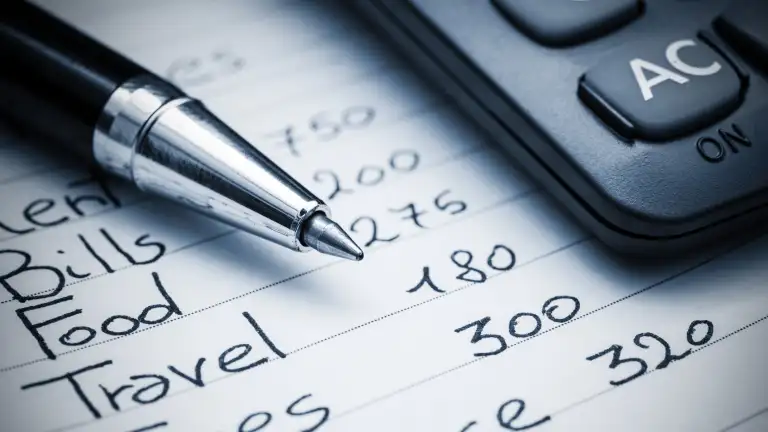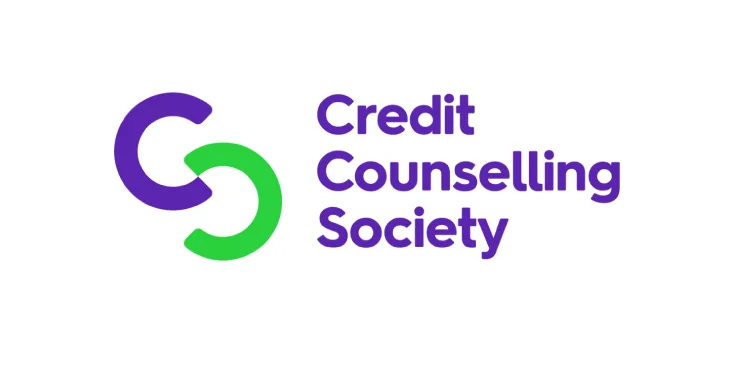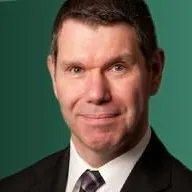
How much of a household's income should go towards housing expenses every month?
A little organization goes a long way in solving money problems. A key first step in getting out of debt is to make a budget. A budget is a plan setting out how you will spend money over a period of time, such as a month. It shows all the money you expect to get and to spend during that period. Once you have a budget, you’ll be better able to see where you can save money and reduce your debt.
Make a monthly budget
Credit counsellors offer free or low-cost help with reviewing your finances and making a budget. They also offer useful templates, such as this budget worksheet, and other tools, such as this money-management workbook. These can speed up the process of making a budget.
List your monthly income. This includes income from your work, pensions, rental property, or other sources.
If your income varies month to month, estimate. Start by listing the income you made last month.
Next, list your estimated monthly expenses. Expenses can be more difficult to keep track of than income. Some common monthly expenses are:
mortgage payment or rent
phone bill
utility bill
transportation costs
groceries
daycare
You’ll also have other expenses that aren’t as predictable. For example: one-off purchases like clothing, entertainment, and gifts. Or occasional costs like dentist visits, home insurance, and haircuts. Small purchases like coffee or magazines can add up. A good way to spitball your average spending is to track it closely for a month.
Try a monthly budget tracker
Try this monthly budget tracker if you’re having trouble identifying where your money is going. It helps you record everything you spend over the course of a month.
A routine scan of your budget can help you figure out where you can cut.
First, make sure you’re not spending more than is coming in. If you are, you’ll have to give up some things to avoid falling further in debt.
Cut back on non-essential spending
Identify things you’re spending money on that aren’t truly essential. Ask yourself: Do I want this or do I need it? Can I live without it? For example, music or online subscriptions might be a “want." Groceries, on the other hand, are a “need."
Compare your spending to budgeting guidelines
See how your spending patterns compare to what others spend. The Credit Counselling Society has published budgeting guidelines to show how much of a household’s income should be spent on housing, transportation, groceries, clothes, and so on. (Fun fact: The category in the guidelines that people most commonly exceed is “personal & discretionary expenses.")
Explore other sources of income
As well as tightening up on defense, you might get more aggressive on offense. That is: explore new revenue streams. For example, say your hobby is woodworking. You might try selling some of your pieces at a local market or on consignment. This will allow you to pay down your debt more quickly.
Getting on track with a budget can take a month or two. You’ve lived all this time without a spending plan, so give yourself time to adjust. If you’re struggling to stay on budget, there are people you can turn to for help.
Who can help

Credit Counselling Society of BC
A non-profit society that helps people better manage their money and debt.

